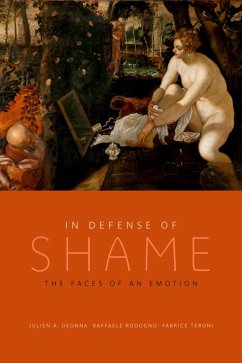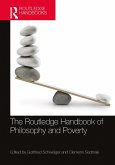Is shame social? Is it superficial? Is it a morally problematic emotion? Researchers in disciplines as different as psychology, philosophy, and anthropology have thought so. But what is the nature of shame and why are claims regarding its social nature and moral standing interesting and important? Do they tell us anything worthwhile about the value of shame and its potential legal and political applications? In this book, Julien A. Deonna, Raffaele Rodogno, and Fabrice Teroni propose an original philosophical account of shame aimed at answering these questions. The book begins with a detailed examination of the evidence and arguments that are taken to support what they call the two dogmas about shame: its alleged social nature and its morally dubious character. Their analysis is conducted against the backdrop of a novel account of shame and ultimately leads to the rejection of these two dogmas. On this account, shame involves a specific form of negative evaluation that the subject takes towards herself: a verdict of incapacity with regard to values to which she is attached. One central virtue of the account resides in the subtle manner it clarifies the ways in which the subject's identity is at stake in shame, thus shedding light on many aspects of this complex emotion and allowing for a sophisticated understanding of its moral significance. This philosophical account of shame engages with all the current debates on shame as they are conducted within disciplines as varied as ethics, moral, experimental, developmental and evolutionary psychology, anthropology, legal studies, feminist studies, politics and public policy.
Dieser Download kann aus rechtlichen Gründen nur mit Rechnungsadresse in A, B, BG, CY, CZ, D, DK, EW, E, FIN, F, GR, HR, H, IRL, I, LT, L, LR, M, NL, PL, P, R, S, SLO, SK ausgeliefert werden.









